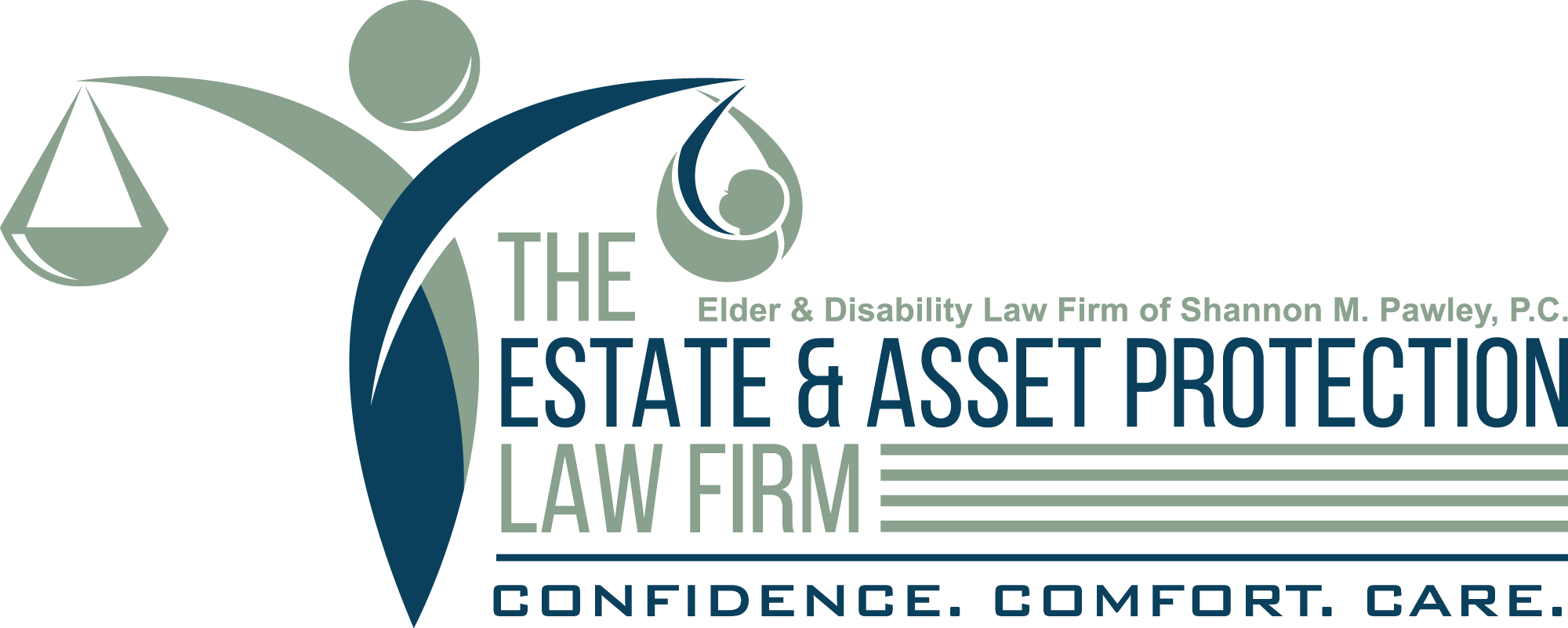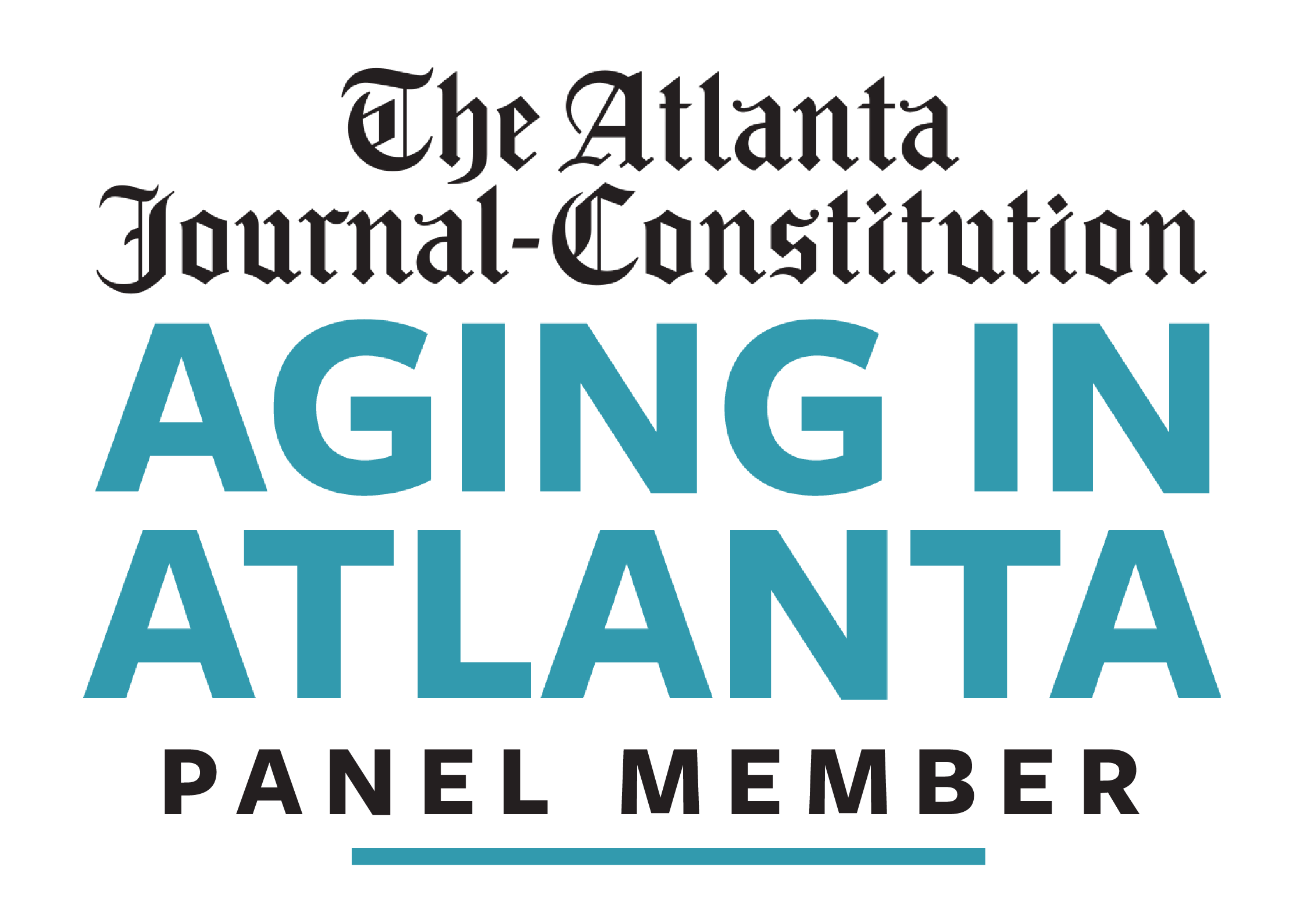Elder Law in GA: Burial Exclusion Allowances in Medicaid

When it comes to elder law in GA, it’s important to know that here and everywhere, qualifying for long-term care through Medicaid is not automatic.
In fact, it can be difficult for many seniors to meet the many requirements. However, despite challenges, working with an attorney experienced in elder law in Georgia can help you navigate the complications and meet the requirements legally.
Income and asset limitations apply to qualify for Medicaid.
One of the ways that many people can lower their income and assets is through what is termed “spend down.”
Spend down is the process of divesting your assets down to the amount that makes you eligible for Medicaid coverage for long-term care. It is important to be aware that you do not have to spend all your assets before being able to qualify for Medicaid. This is where an attorney skilled in Medicaid qualification strategy is most valuable.
Most state Medicaid programs allow certain assets to be exempt from consideration. Thus, they’re protected from being spent out of pocket on nursing home costs.
Before spending down, it’s important you know which assets are considered exempt and which are non-exempt. Additionally, you should know allowable methods to strategically protect assets and how much you can preserve for your family.
Depending on the type of assets you are trying to preserve, the transfer of assets may need to be done up to 5 years before you apply for Medicaid coverage. An application could result in a multi-month (if not year) penalty period. This is true if assets have been transferred for less than fair market value within a five-year period before applying for Medicaid assistance.
Thus, planning ahead is essential if you wish to protect as many assets for your family as possible.
Medicaid’s Burial Exclusion Allowances help many people to reduce the value of their assets to meet the requirements. The burial exclusion allowance means burial plans can be set up as exempt assets so that they are not counted when applying for Medicaid coverage.
You can have a prepaid funeral or burial contract, for any amount, if the funeral contract is irrevocable / cannot be liquidated by the applicant (therefore money cannot be returned to the Medicaid recipient). In addition to a burial exclusion, there is another opportunity to reduce the value of their recognized assets through the purchase of allowable burial space items.
The point is that advance planning is essential to qualifying for Medicaid for long-term care.
The requirements and application process is confusing for most people. If you are in the process of planning for long-term care and have not yet established an estate plan, give my office a call.
If you have not yet gone through Medicaid Planning, which is simply a legal process of structuring assets in a way that is permissible with the State Medicaid rules to ensure that you or a loved one is (or can quickly get into) a Medicaid eligible status, give my office a call at 404-370-0696. Advance planning is essential, so do not put this off any longer.
Looking to find an experienced estate lawyer in the Georgia area who is skilled in asset protection and estate plan preparation? Shannon Pawley is an attorney in Georgia with expertise in estate planning and asset protection. Shannon can provide assistance with creating an estate plan to include making a will and how to establish a trust properly. If you have questions about asset protection or questions about making an estate plan, reach out to Shannon and she will be glad to help answer all the estate planning questions you might have!







